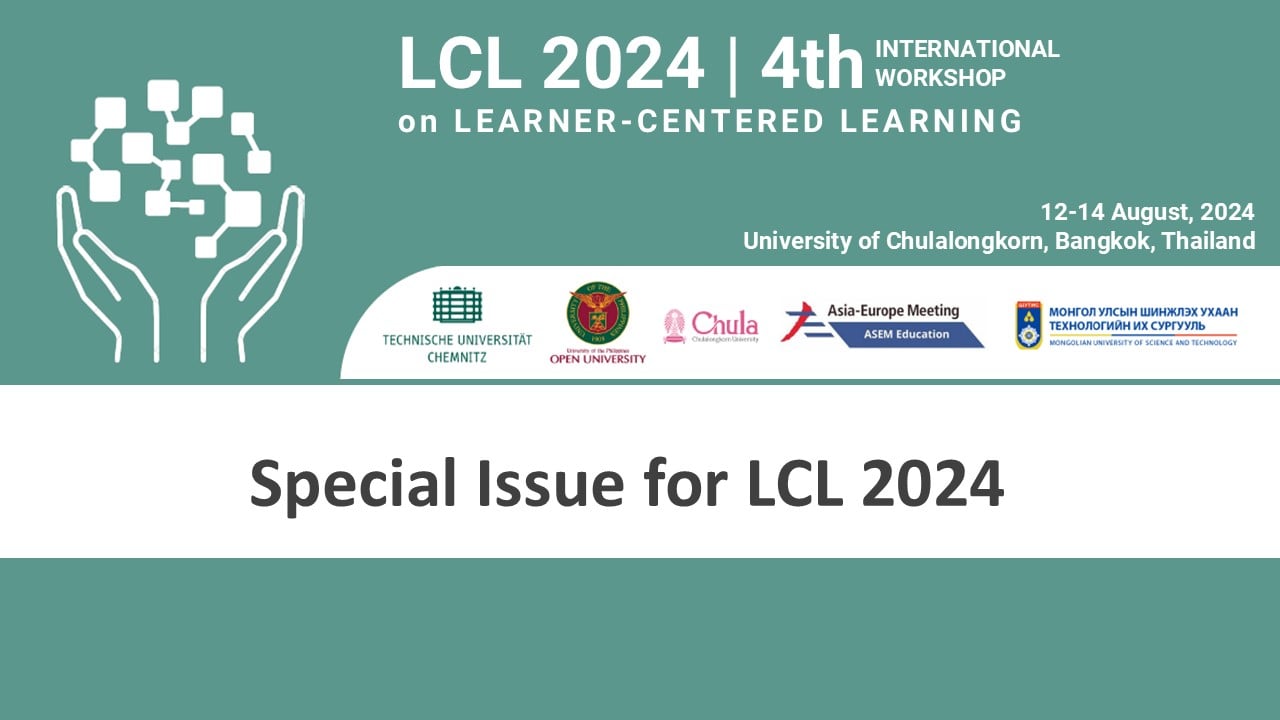The Education and Training for Capacity Building on Happiness of Older Persons (HOPe)
DOI:
https://doi.org/10.14464/ess.v11i11.776Abstract
Demographic data indicates that the Philippines is aging accompanied by the increasing lifespan of the older population. This study aims to educate and train older people to change their ways of eating, moving, and thinking about life during aging. The education and training were implemented in the twelve towns and cities with 1069 participants in food intake, fitness, faculty, and faith—an open forum and action planning on sharing knowledge with family, friends, and social networks. A mixed method design was used in the study and a monitoring form was provided to measure the changes in knowledge and actions of older persons. The study's results revealed that the level of happiness and health of senior citizens varied depending on their food intake, fitness, mental stimulation, and faith. Mayors could share their insights on the happiness of older persons by providing an avenue and space to transform them into less stress, and more happiness, from lonely and sound healthy individuals with strong faith. The impact of the training was identified as Education and training empower older persons about their health, food intake, lifestyle, and finances, change their mindset on everyday activities with self-efficacy; increase awareness of good governance and policies of Senior Citizens; keep the senior citizens’ minds active, which is associated with a lower risk of cognitive decline in older age; inspired by Project HOPe to become healthy, physically fit, and have a healthy diet with morning sunshine (Vitamin D) every day that can lead to lower mortality rates and reduced risk of heart disease and diabetes and; strengthen their relationship with God and take care of their faith/spiritual health by detaching from the worries of their daily life. This study concluded that education and training on the happiness of older persons could change the knowledge, lifestyles, and mindset of the senior citizens. The overwhelming majority of a warm welcome indicated that this kind of first set of interactions was a breath of fresh air, a pioneering venture to support older persons. Therefore, it is recommended that the education and training of the senior citizens be conducted not only for the officers of the senior citizens’ organizations but also in each barangay (village) to implement the happiness of older persons. There may be a segment in the program that may highlight the significant takeaways and lessons given the build-up of immersion in the different local governments.
Keywords: Happiness of Older Persons, fitness, food, governance, faculty, and faith

Downloads
Published
Issue
Section
License
Copyright (c) 2024 Victoria Valenzuela

This work is licensed under a Creative Commons Attribution 4.0 International License.
Copyright for articles published in this journal is retained by the authors. The content is published under a Creative Commons Licence Attribution 4.0 International (CC BY 4.0). This permits use, distribution, and reproduction in any medium, provided the original work is properly cited, and is otherwise in compliance with the licence.


